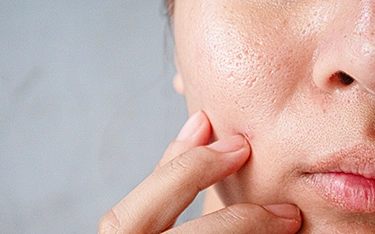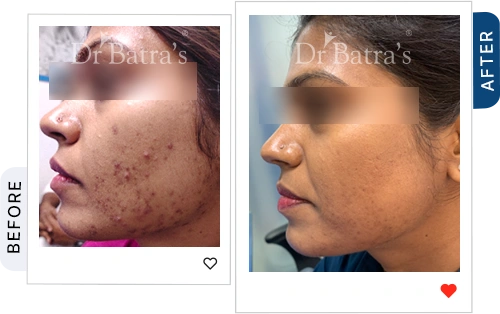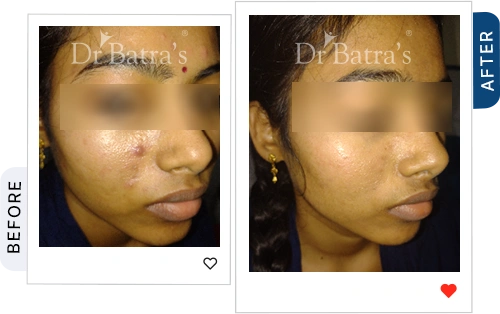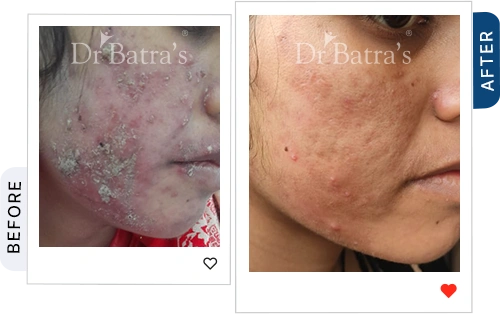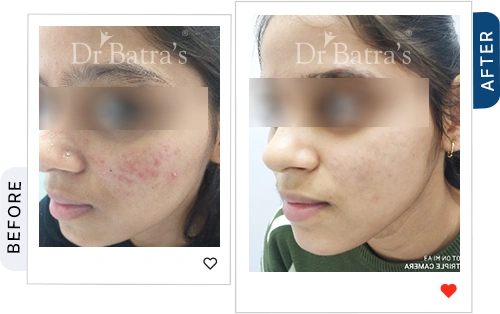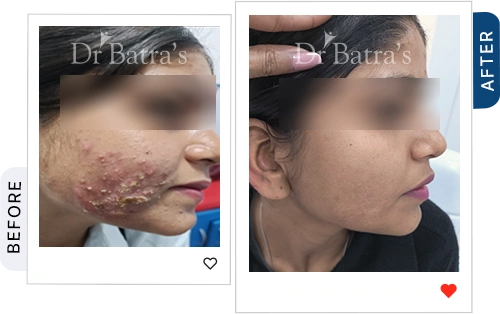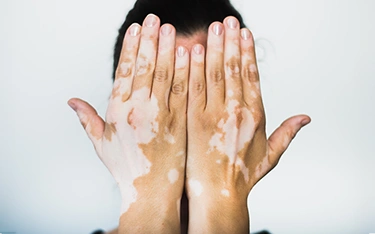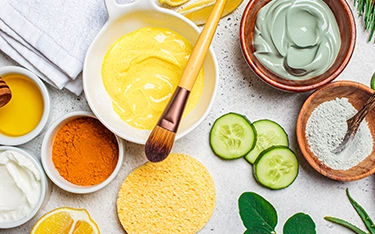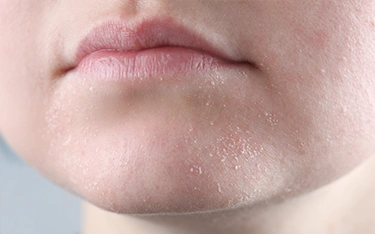FAQs
Can all types of acne scars be completely removed?
No, but homeopathy, lasers, and peels significantly reduce their appearance.
How long does it take to see results from homeopathic treatments?
Visible improvements in 4-8 weeks, depending on scar depth and skin type.
Are natural remedies effective in reducing acne scars?
Yes, but they work best for mild scars and require consistent application.
What is the best treatment for deep acne scars?
Laser therapy, microneedling, and homeopathy offer long-lasting results.
How can I prevent new acne scars from forming?
Early acne treatment, avoiding picking, and following a proper skincare routine.
